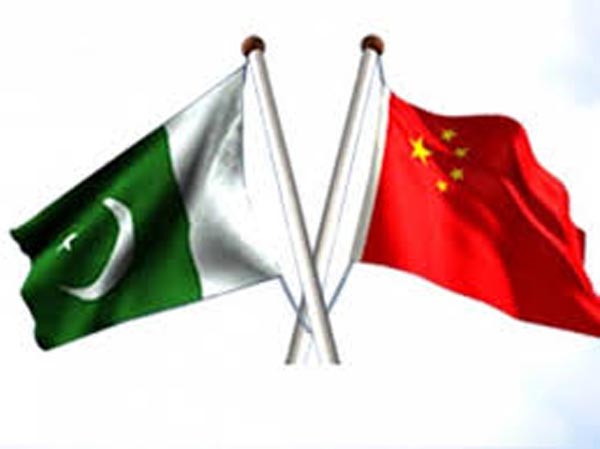BEIJING, Since being officially launched in 2015, the China-Pakistan Economic Corridor (CPEC), the Belt and Road Initiative’s (BRI) flagship project, has begun to bear fruit.
As construction of the CPEC project has come into the new stage of promoting industry and industrial park cooperation, Pakistan is facing new opportunities to fast-track the development of its industries which can help it compete globally, according to an article published by Global Times on Tuesday.
Industry cooperation has come along slower, relative to other aspects in overall CPEC cooperation in recent years. At the early stage of the project, there were issues including energy supply shortage, infrastructure deficiency and inefficient implementation of the incentive policies.
At that time, some in Pakistan lacked a clear understanding of the direction of industrial development, despite seeing the value building on the country’s core competitiveness.
Since the 1970s, Pakistan has started the process to promote economic liberalization and the economy’s opening-up. Joining the BRI and CPEC cooperation is part of the country’s efforts in accelerating its opening-up process.
In these couple of years, the country focused on industrial park construction while try to undertake industrial relocation from China.
Now, Pakistan has largely surpassed India in many aspects when it comes to economic opening-up.
Since the COVID-19 outbreak, the significance of the construction of the CPEC has become a key highlight for the country’s economic development. The construction of the CPEC will play a supporting role in Pakistan’s economic recovery in the post-pandemic era. Pakistan should seize the opportunity to formulate scientific development plans to advance domestic industries with competitive advantages.
Speaking of China-Pakistan industrial cooperation, agriculture is the sector that could help Pakistan consolidate its industrial advantages and industrial chain, and help the country quickly gain foreign exchange earnings through exports. At the same time, China should open its market to Pakistani agricultural products and fruits, and expand imports of Pakistani agricultural and industrial products.
The textile industry is a traditionally strong industry in Pakistan. When China’s textile industry is shifting outward due to labor price rises, Pakistan should seize the opportunity to use the advantages accumulated by China’s textile industry to upgrade its own industry and accept orders from aboard. In addition, the Indian textile industry has largely come to standstill due to the latest resurgence of the pandemic, and a large number of global orders have been transferred to other markets, including China.
Pakistan should seize the opportunity of global value chain and industrial chain restructuring to develop its emerging industries.
For example, since 2020, affected by India’s increasingly hostile attitude towards Chinese companies, many Chinese mobile phone brands in India have begun to move their factories to countries like Vietnam, the Philippines, and Indonesia. This is also an opportunity for Pakistan.
Follow the PNI Facebook page for the latest news and updates.









